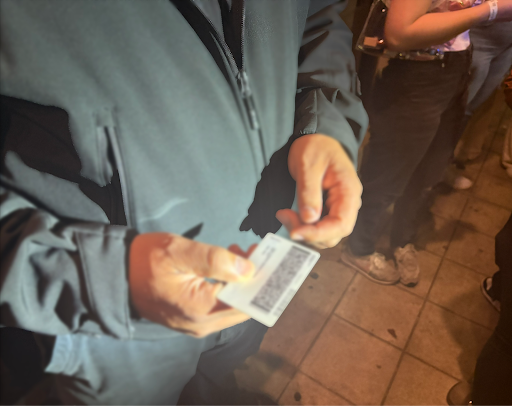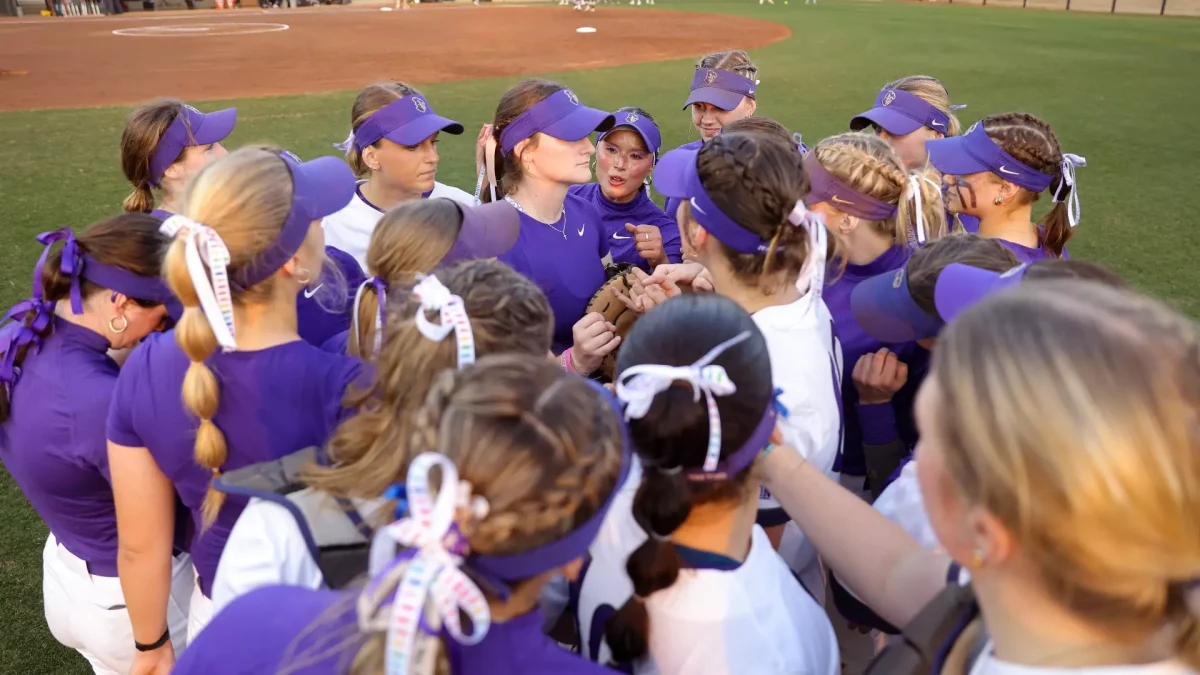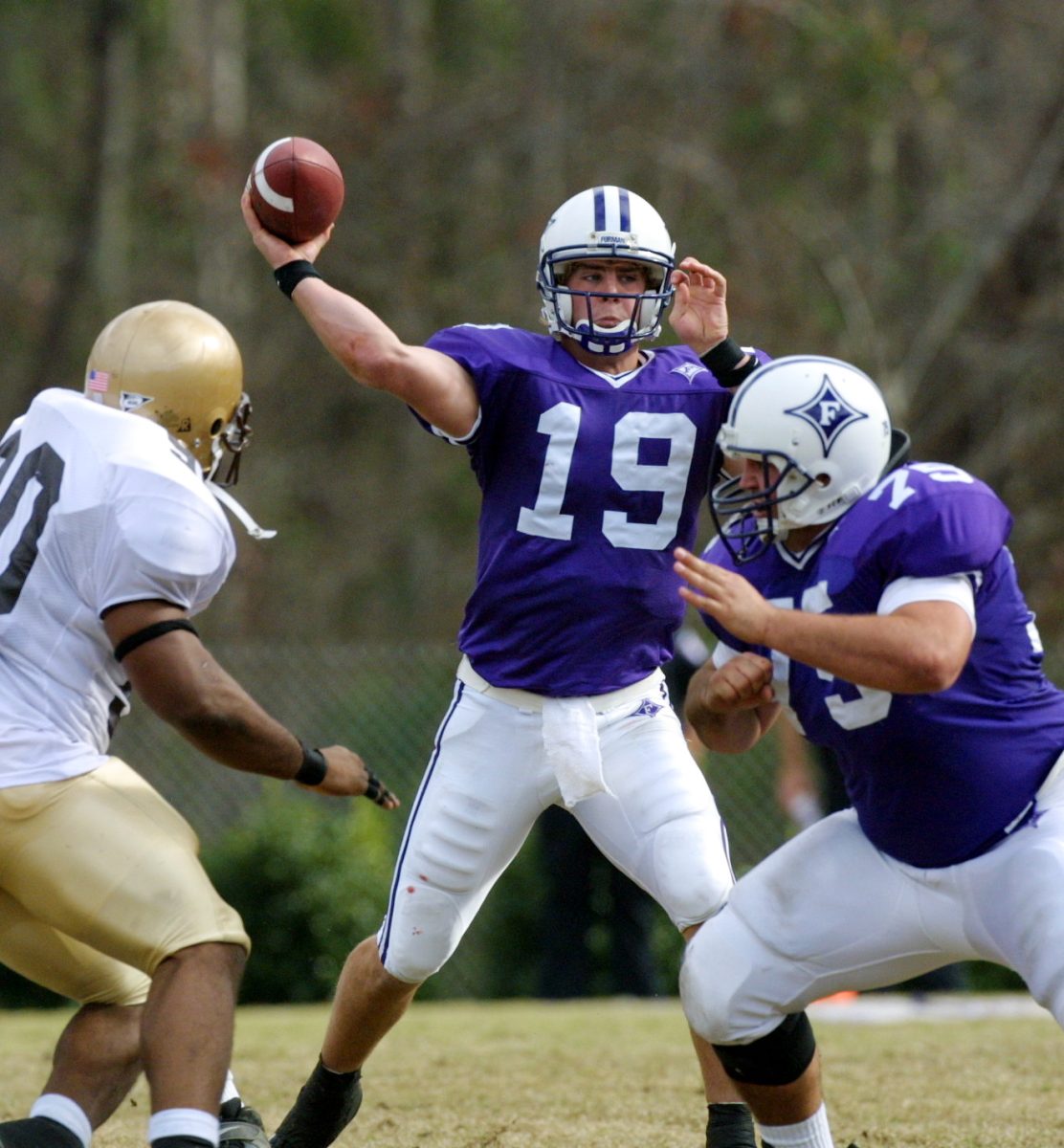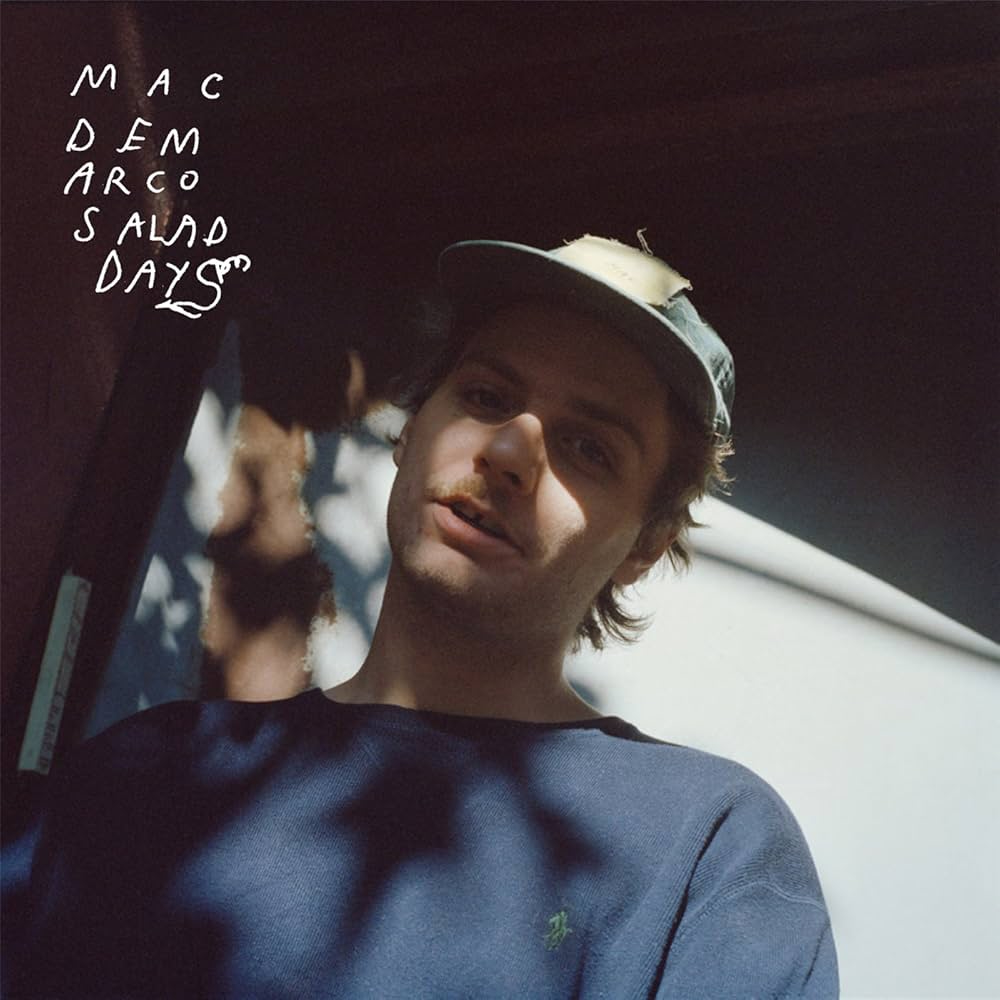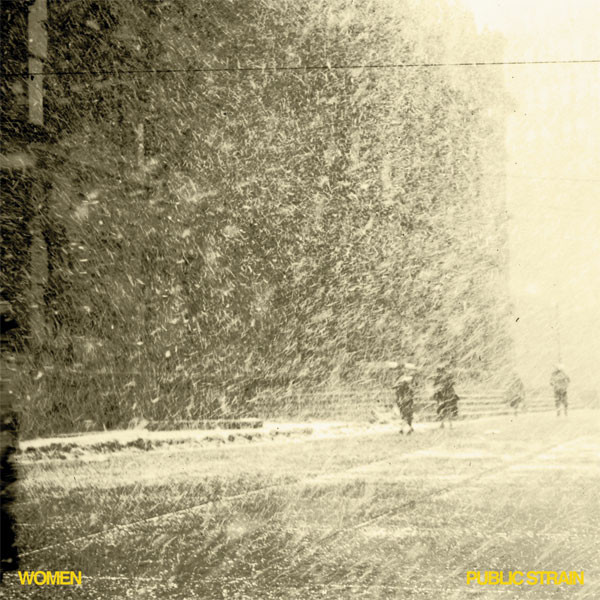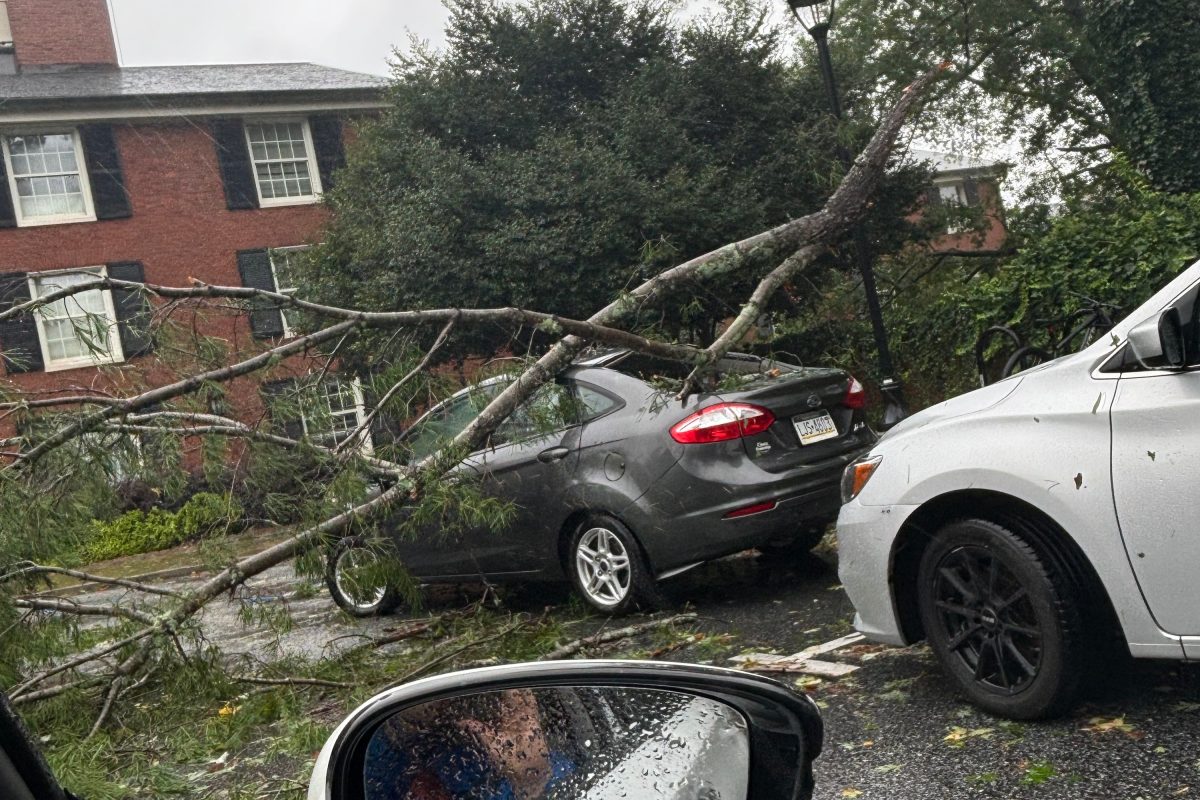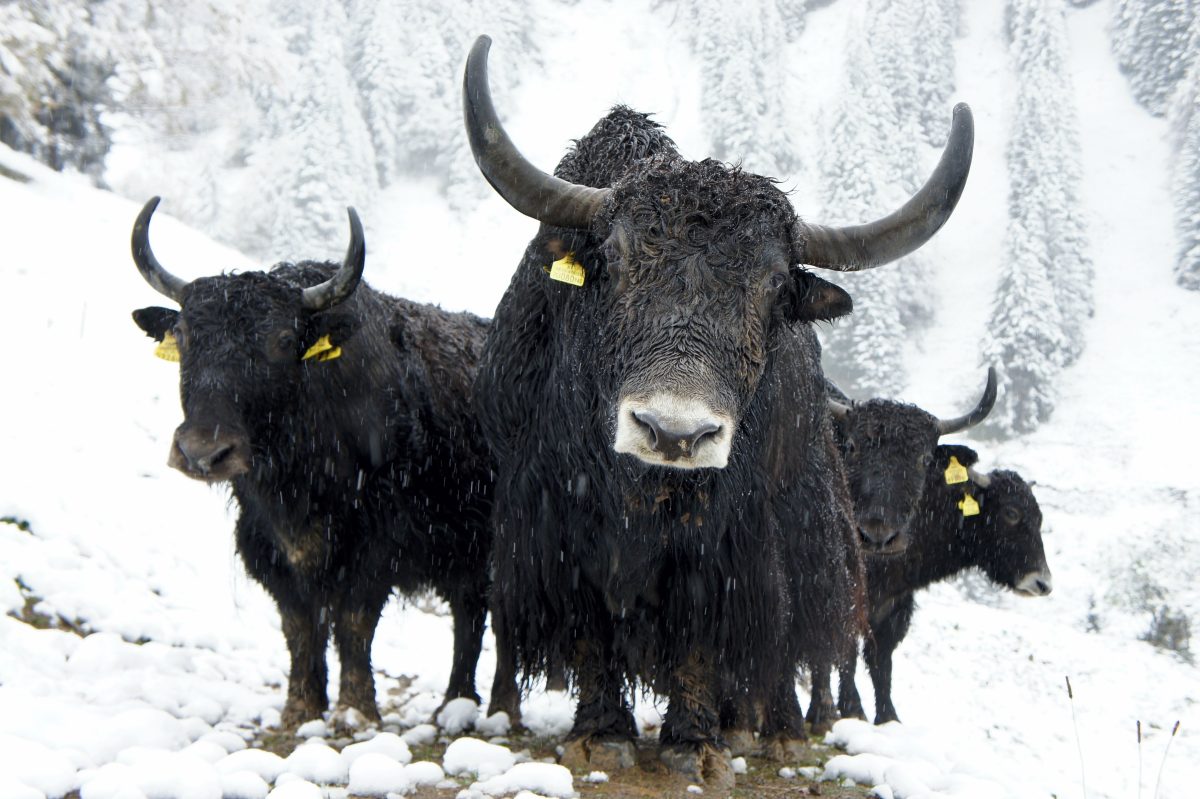When I tell people that, just in my own humble opinion, Yik Yak was likely spawned in the depths of hell, I am rarely met with serious pushback. The anonymous messaging platform, which is like Twitter but anonymous and limited to a five-mile radius, returned to the app store in 2021 after shutting down in 2017 over concerns about cyberbullying. Since then, it has been a bane upon mankind and the enemy of all that is good and holy. But here’s the kicker: Yik Yak being so awful is precisely what makes it so great. The whole key to its success lies in the fact that, as you laugh, you also cover your mouth in horror at what you’re reading. Put simply, Yik Yak is an app that works by being fun to hate.
Sometimes, though, a “Yak” will cross the line. Yik Yak represents”the good, the bad, and the ugly”–we come for the good, stay for the bad, and leave because of the ugly. By “the bad,” I mean jokes that push the line on civility but are still essentially harmless. A popular one recently has been making fun of the football team’s scooters (and losing streak); for which college students have been known throughout the ages. These make up probably of the Yaks; as I alluded to above, they are the app’s main feature. Good, wholesome Yaks – students giving each other encouragement, complimenting the DH food, or asking for class recommendations – make up another estimated 19%.
Then there are the ugly – the 1%. It is these Yaks that the September 19 email from administration was meant to address. Ever since Yik Yak’s return, there have been strict “community guardrails” that prohibit bullying, harassment, threats, identifying information, and other unsavory content. However, these things still happen, and since Yik Yak relies on community reporting to police its “herds,” they don’t always get taken down right away. None of the “ugly” Yaks I’ve seen have directly mentioned names; however, several have engaged in fat-shaming, others (called out by @speakupfu on Instagram) have taken a dismissive stance towards sexual assault, and a few have even been outright racist. Cyberbullying of individuals has largely disappeared since the reboot, but these insensitive and poor-taste Yaks promise to become Yik Yak’s newest existential threat.
The problem, of course, is that these ugly Yaks aren’t in contradiction to Yik Yak’s appeal; rather, they are a natural extension of it. At its best, Yik Yak fills a social niche similar to that of comedy: it tackles taboo subjects in a safe environment, thus allowing a kind of catharsis as we hear others saying things we have never dared speak out loud. However, that idea can easily be taken too far. Some of the thoughts we learn not to speak out loud are thoughts that shouldn’t be spoken out loud. Without having to stake a reputation on a comment, people are free to say things they would never say in real life. Although this is beneficial in certain contexts, one of the great things about not permitting anonymity is that it forces us to be better than our worst selves.
Ultimately, Yik Yak has me torn. The app is entertaining and, at times, tremendously funny; is very real and should be taken seriously. I’m glad to see the administration paying attention.




